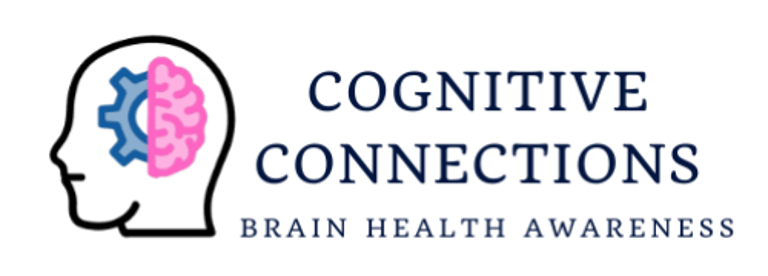Balancing Responsibilities: A Path to Better Emotional Wellbeing for Adults
Life as an adult can often feel like a balancing act. With multiple roles—be it career, family, caregiving, or all three—it’s easy to feel overwhelmed by responsibilities. This October, as part of Cognitive Connections’ theme of Emotional Wellbeing, we’re focusing on practical ways adults can bring balance into their daily lives and protect their emotional health.
ADULTSEMOTIONAL WELLBEING
Nandita Srikumar


Why Balance Matters
When responsibilities pile up, stress can often follow. Managing multiple roles without balancing them can lead to burnout, fatigue, and declining mental health. Maintaining balance supports not only your emotional wellbeing but also strengthens your cognitive health over time, making it easier to stay focused, calm, and resilient.
Tips for Balancing Responsibilities
Do’s
Prioritize Your Top Tasks: Focus on your top three priorities each day. This keeps you from feeling overwhelmed and allows you to give your attention to what matters most.
Set Clear Boundaries: Learning to say “no” when needed and being clear about your limits can help you manage expectations from others and reduce stress
Celebrate Small Wins: Recognizing small achievements throughout the day boosts motivation and keeps you moving forward with a positive mindset.
Take Short Breaks: Schedule regular pauses for stretching, breathing exercises, or a short walk. Brief moments of rest improve focus and refresh your mind.
Break Down Big Tasks: Divide larger projects into smaller, manageable steps. Tackling one small step at a time helps prevent overwhelm and keeps you on track.
Don’ts
Don’t Overcommit: Saying yes to every request may seem like the best way to meet expectations, but it often leads to burnout. It’s okay to take on only what you can handle.
Don’t Skip Self-Care: Incorporating even a few minutes of self-care each day, whether a quick meditation or a moment to enjoy your coffee, is essential for maintaining balance.
Don’t Isolate: Staying connected with friends, family, or community members provides much-needed support and perspective.
Don’t Ignore Sleep: Rest is vital for emotional health and cognitive clarity, so aim to keep a consistent, refreshing sleep routine.
Try This: A Mindful Planning Session
To get started with balanced planning, try setting aside 10 minutes each morning to jot down your top three priorities. Choose one self-care activity to add to the day, such as a quick walk or break, and set a midday reminder to pause, breathe, and review your progress. This mindful approach can help you stay focused and energized, one day at a time.
Balancing responsibilities doesn’t have to be overwhelming. By making these simple adjustments, you can enhance your emotional wellbeing, reduce stress, and bring greater satisfaction into your day. This October, let’s focus on cultivating balance as an essential part of supporting our brain and emotional health.
Connect
Follow us on social media
Reach Us
Subscribe
Copyright © 2024 Cognitive Connections. All rights reserved.
